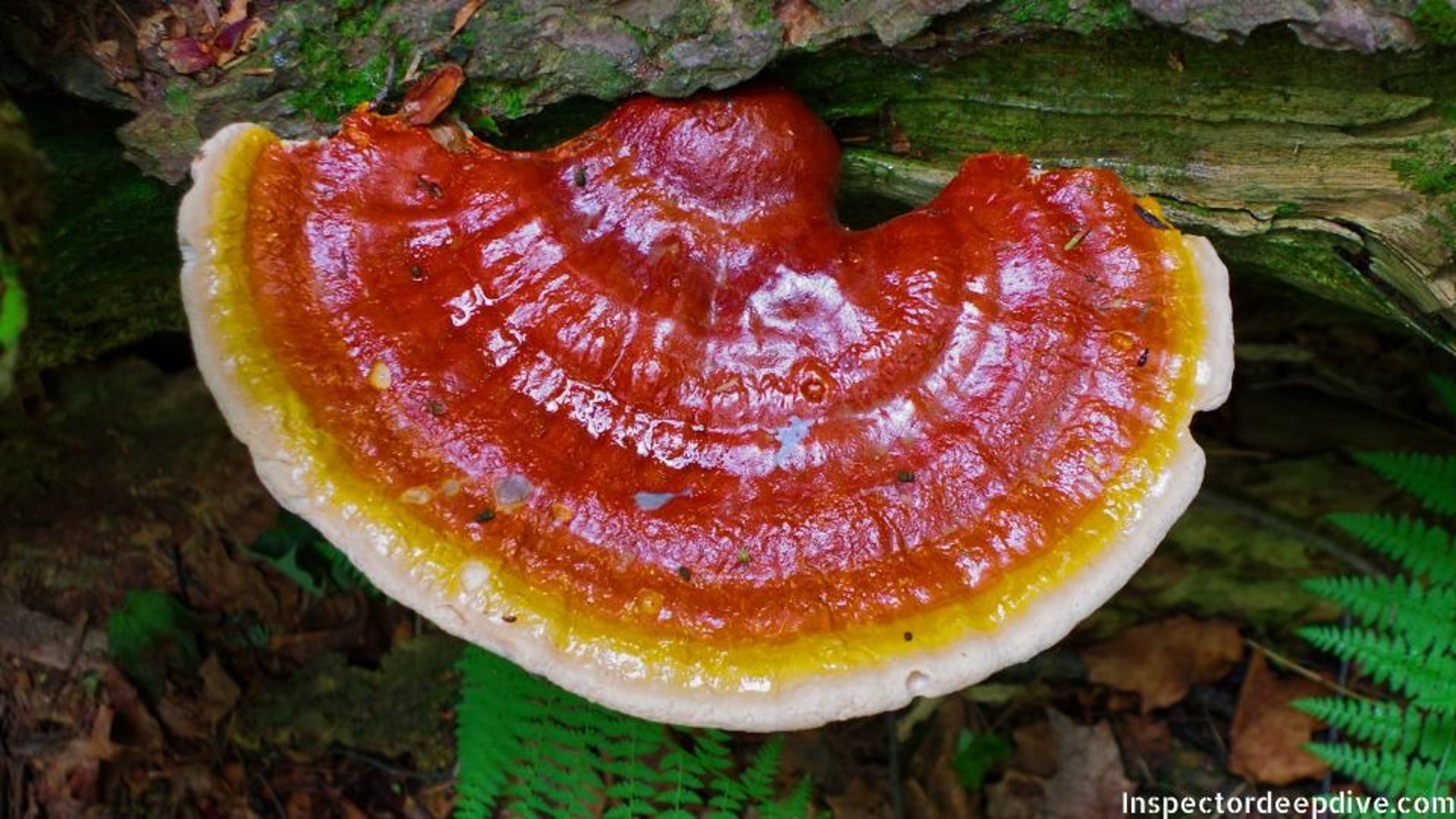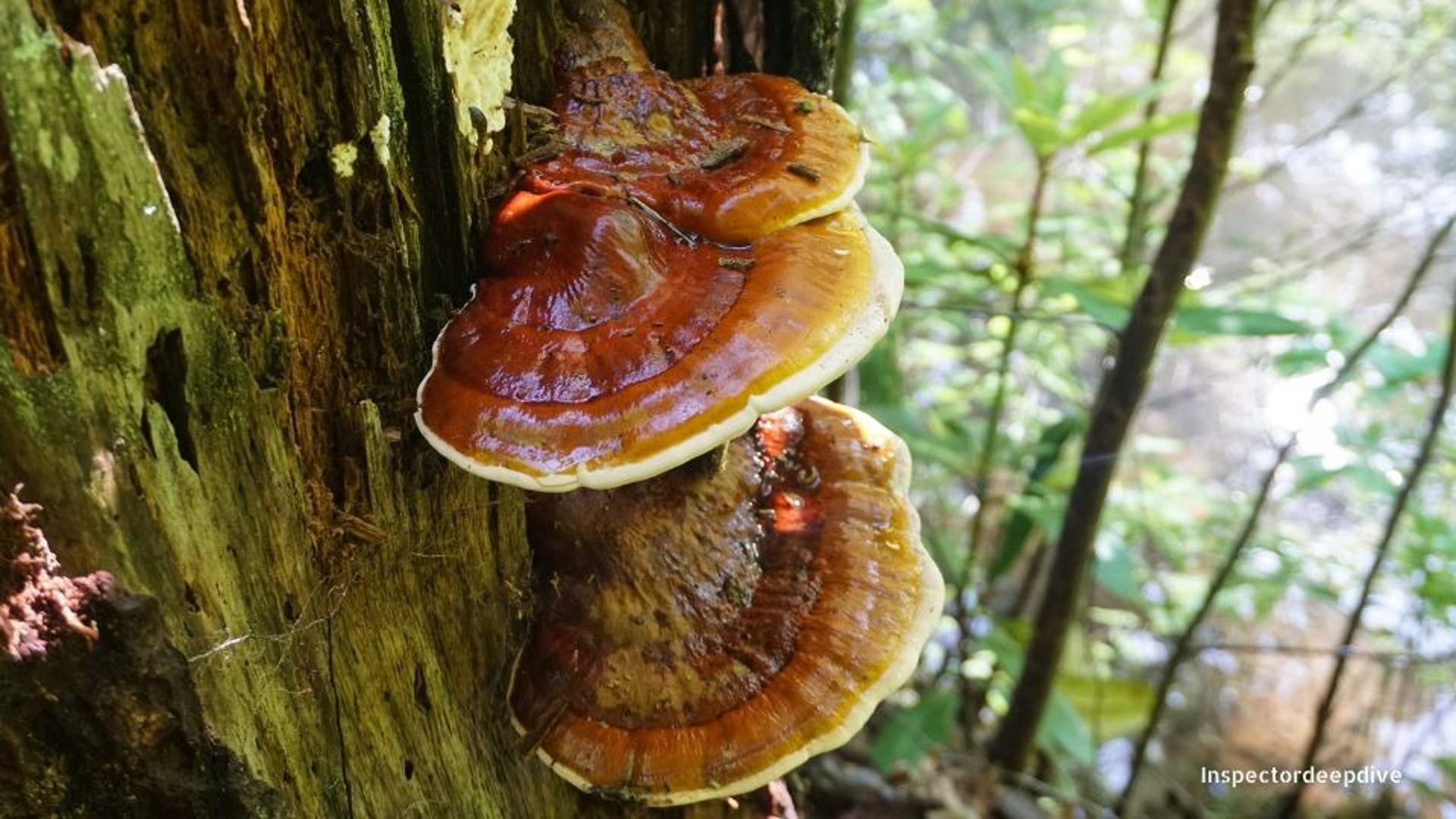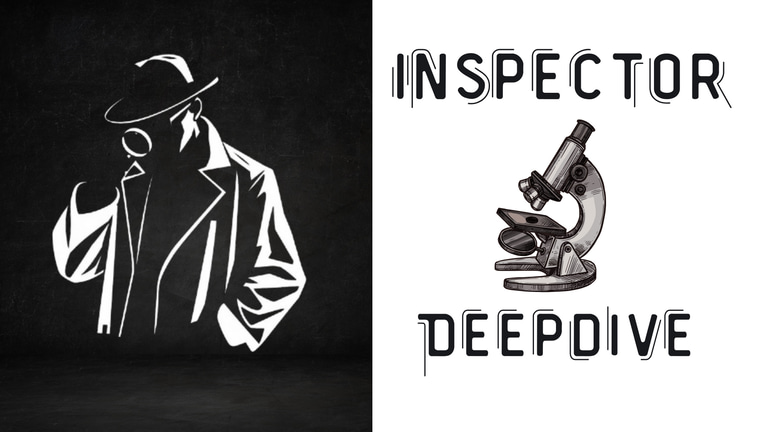
PSP Bioactive Compound: Benefits, Sources, and 2025 Anti-Aging Research Insights

PSP Bioactive Compound: Benefits, Sources, and 2025 Anti-Aging Research Insights
In the world of nutrition, longevity, and integrative medicine, bioactive compounds from natural sources are gaining more attention than ever. One standout is PSP (Polysaccharide-Peptide, also called Polysaccharopeptide) a unique sugar-protein compound extracted from mushrooms like Coriolus versicolor (commonly called turkey tail).
Used for centuries in traditional Asian medicine, PSP has been studied for decades as an immune-supportive agent. Today, modern research continues to explore its potential roles in health, immunity, aging, and oncology. This article presents a clear, fact-based summary of PSP research up to 2025 no hype, just scientifically grounded observations.
What Is PSP and Where Does It Come From?
PSP is a complex sugar-protein molecule (a polysaccharide bound to peptides) found in certain mushrooms, most famously turkey tail. In nutrition terms, it belongs to the beta-glucan family fibers in fungi known to interact with the gut and immune system.
Sources: PSP is found in mushroom-based supplements, teas, extracts, or whole edible fungi.
Concentrations: Higher in standardized extracts than in whole food mushrooms.
Evidence (2025): A review in Journal of Fungi highlighted PSP’s broad presence across mushroom species and its good bioavailability when consumed.
PSP is not a miracle cure, but research shows it modifies biological processes in the body particularly immune and inflammatory activity. Effects can vary depending on diet, genetics, and lifestyle factors.
Mechanism of Action
Scientific studies describe several core ways PSP works in the body:
Immune Modulation
Activates macrophages, natural killer (NK) cells, and T-cells the body’s defenders against infections and abnormal cells (like cancer).
Cytokine Production
Stimulates cytokines, the signaling messengers that coordinate the immune system, improving resilience and response.
Apoptosis Induction
Encourages programmed cell death in cancer cells, helping faulty or damaged cells die off while sparing healthy tissue.
Evidence (2025): A study in Frontiers in Immunology confirmed PSP’s ability to boost NK cell activity in lab models.
Clinical Evidence
PSP has been examined in multiple clinical settings, most notably as an adjunct therapy in oncology.
Cancer Support: Used alongside chemotherapy or radiation for gastric, colorectal, and lung cancers. Studies show PSP may improve survival rates, immune function, and treatment tolerance.
Reduced Recurrence: A 2025 Cancer Medicine meta-analysis suggested PSP lowers the risk of recurrence in gastrointestinal cancers via long-term immune surveillance.
Supportive Care: May ease treatment side effects such as fatigue, loss of appetite, and weakened immunity.
Antioxidant Properties
PSP contains compounds that neutralize free radicals (unstable molecules that damage cells).
By reducing oxidative stress, PSP helps protect DNA, proteins, and lipids from damage.
Benefits extend to cancer prevention, healthy aging, and chronic disease reduction.
Evidence (2025): A study in Aging and Disease confirmed PSP lowers oxidative stress markers.
Anti-Inflammatory Effects
Chronic inflammation drives many diseases cancer, cardiovascular disease, and autoimmunity.
PSP reduces activity of pro-inflammatory pathways.
Shown to lower markers of inflammation, especially in older adults.
Evidence (2025): Clinical trials in Nutrients reported improved inflammatory profiles in aging populations.
Synergistic Effects with Other Treatments
PSP is often combined with Polysaccharide-K (PSK) and conventional cancer therapies.
With Chemo/Radiation: Enhances effectiveness by increasing cancer cell sensitivity to treatment.
Dual Support: Together, PSP and PSK provide stronger immune stimulation than either alone.
Evidence (2025): A review in International Journal of Molecular Sciences emphasized PSP’s synergy with PSK in oncology.
Safety and Side Effects
Generally Safe: Most people tolerate PSP well.
Mild Effects: Some report minor digestive discomfort or allergic reactions.
Drug Interactions: May interfere with immunosuppressants or blood thinners. Consultation with a doctor is recommended.
Research and Future Potential
Beyond Oncology: Trials are exploring PSP’s use in viral infections, autoimmune diseases, and neurodegenerative conditions.
Personalized Medicine: 2025 research in Frontiers in Pharmacology suggests tailoring PSP treatments to individual genetics and immune profiles.
Dosage and Administration
Common supplement doses: 3–6 grams daily in studies of cancer support.
Forms: capsules, powders, teas, or extracted concentrates.
Key advice: Choose third-party tested supplements to ensure purity and potency.
Historical Use
Traditional Medicine: PSP-rich mushrooms have long been used in Asia to enhance immunity and resilience.
Modern Medicine: Since the mid-20th century, PSP has been incorporated into integrative oncology, especially in Japan and China.
Limitations
PSP is not a standalone cure it supports, not replaces, standard treatments.
Outcomes vary among populations.
More large-scale, long-term clinical trials are needed for definitive proof.
Key Takeaways
Polysaccharide-Peptide (PSP): A mushroom-derived sugar-protein with immune, antioxidant, and anti-inflammatory effects.
Clinical Role: Widely studied as an adjunct cancer therapy, improving survival, lowering recurrence, and enhancing quality of life.
Other Potential: May benefit cognition, metabolic balance, and healthy aging research is ongoing.
Safety: Generally safe; consult a doctor if on medications.
FAQs
Why is PSP important?
Because it naturally supports immune function and enhances the effectiveness of conventional cancer therapies, while reducing side effects.
How does PSP work in the body?
It strengthens immune defenses, reduces inflammation, and protects cells from oxidative damage.
Are there risks?
Generally minor (digestive upset or mild allergies). However, PSP can interact with certain drugs, so medical advice is essential.
Where is PSP found?
Primarily in turkey tail mushrooms, concentrated through extracts, powders, and supplements.
Final Word
PSP is one of the most studied mushroom-derived compounds in modern integrative medicine. By modulating immunity, reducing inflammation, and protecting cells, it plays a meaningful role in cancer support care and possibly beyond. While not a cure-all, PSP represents a powerful natural ally in the broader conversation about resilience, healthy aging, and personalized medicine.
Back to Mushrooms
info@inspectordeepdive.com
© 2025 food.InspectorDeepDive.com. All rights reserved. Content may not be copied or republished without permission.
This article is for informational purposes only. InspectorDeepDive.com does not provide medical advice. Always consult a licensed healthcare provider before making dietary or health decisions.
